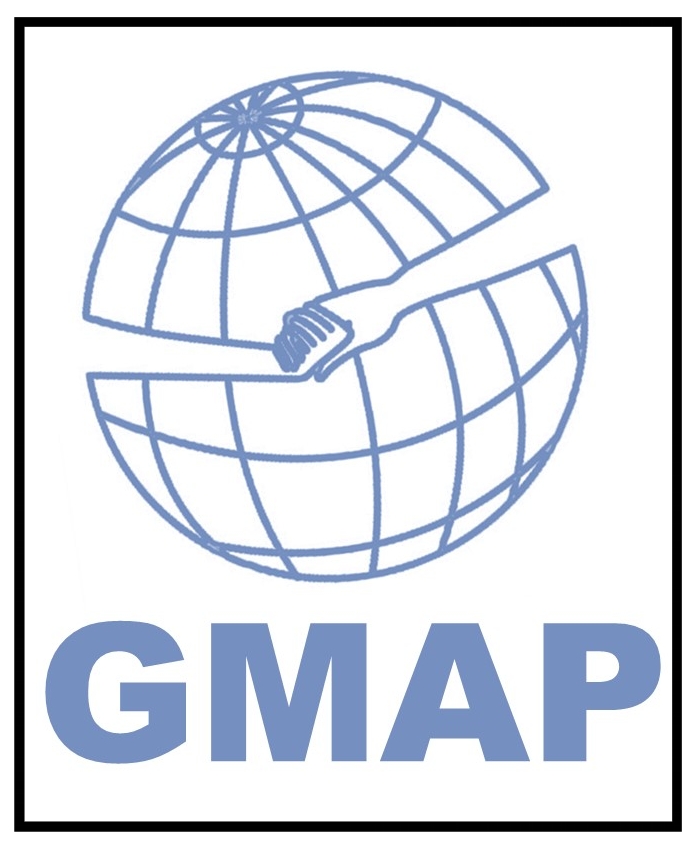Advancing Addiction Research and Treatment through Engagement with Rural Marylanders Impacted by PolySubstance Use
Background: Despite the significant increase in overdose-related deaths in the past decade, there continues to be a substantial gap in getting services to the individuals who need it most, particularly those with polysubstance use residing in rural areas. This gap is exacerbated in underserved areas like these because access to treatment programs is hindered by long distances to travel, poor transportation infrastructure, and fragmented services. To bridge this gap, clinical research and services must incorporate perspectives of individuals with polysubstance use and adapt care delivery models based on their feedback, leading to advancements that will improve both accessibility and utilization of services.
Study Design: We will recruit 15 patients to participate in a Patient Advisory Committee, purposefully selecting individuals based on experiences with polysubstance use and diverse identities. Qualitative interviews with approximately 60 individuals from rural communities across Maryland to assess availability of services, perceived gaps, structural factors that interfere with care utilization, factors contributing to engagement in services, and experiences of integration and/or fragmentation of services. The Patient Advisory Committee will advise on the selection and design of two pilot studies. The pilot studies will focus on understanding patient experiences of polysubstance use and identifying strategies for addressing social determinants of health and improving functional outcomes.
Aims: This project is developing a patient engagement resource center and national model for consultation to engage patients and other stakeholders in the research process, with a focus on addressing polysubstance use in rural areas.
Location: Rural areas of Maryland
Funding: NIDA (R24DA061178; 2024-2029)
Principal Investigators: Sarah Kattakuzhy, Jessica Magidson
Partners/collaborators: University of Maryland, Baltimore
Opportunities: Staff and graduate students can be involved in study coordination, primary data collection, secondary data analysis, and future grant submissions.
$2M Grant to Help Give Patients With Substance Use Disorders a Voice

